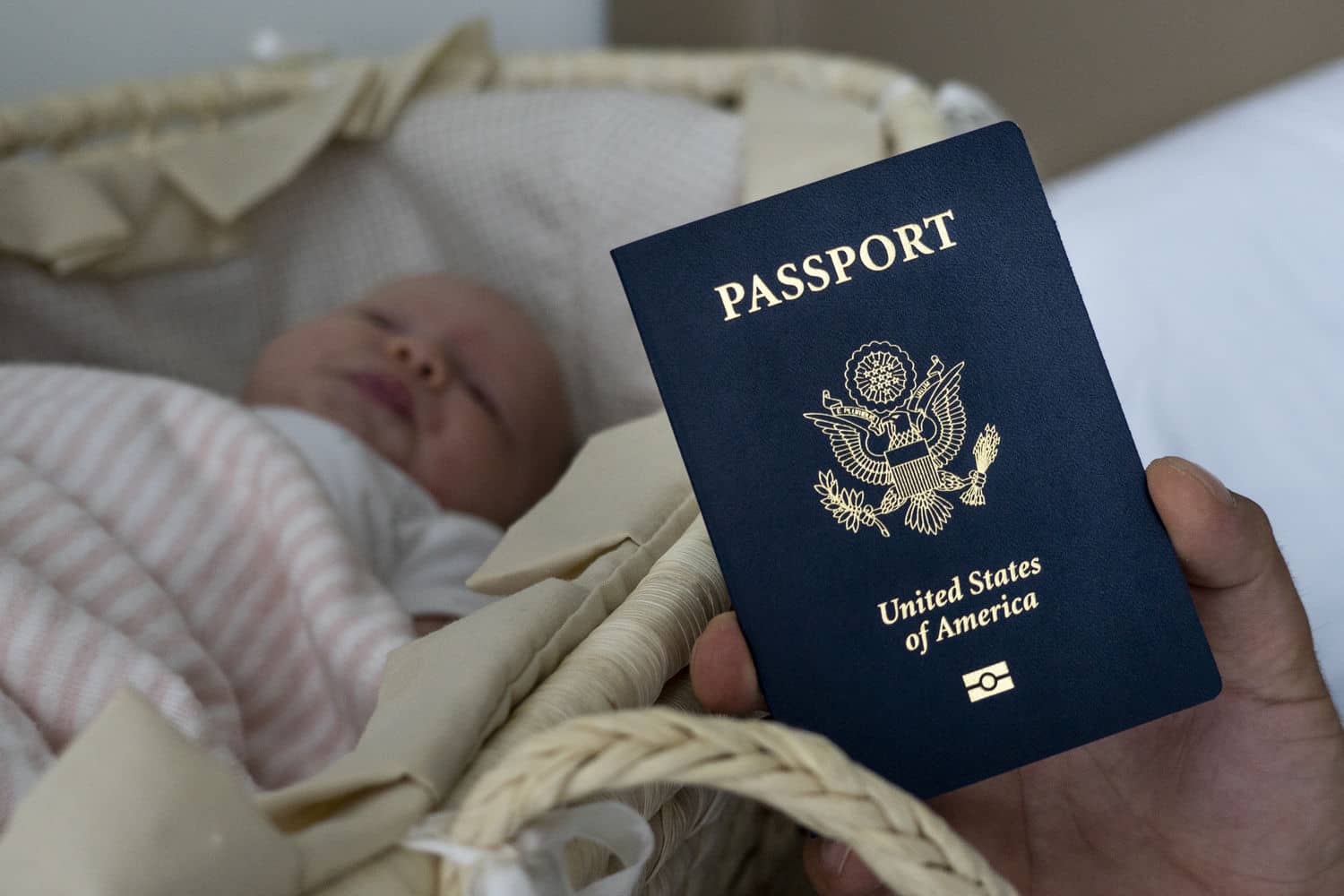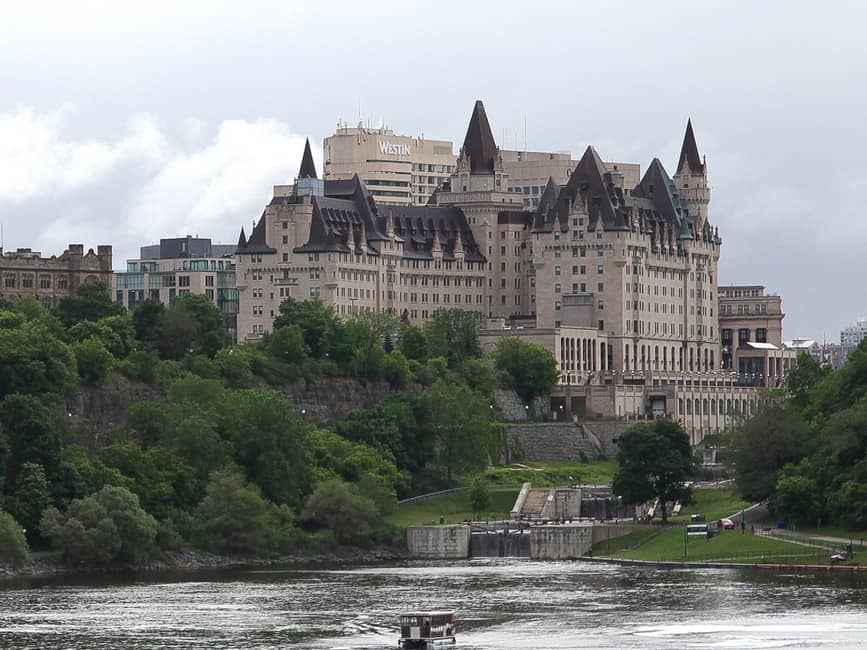Thousands of foreigners immigrate to Canada every year. This country provides its residents not only a high standard of living, decent wages, but also a fairly loyal tax system. Taxes in Canada compared to other countries are not so high. On average, a Canadian pays about 20-30 percent into the government treasury each month.
Eighty percent of Canada's budget is made up of personal taxes. Through taxes, the Canadian government has been able to develop a very stable social safety net. Social protection refers to the payment of pensions and various benefits.
In 2020, all Canadian citizens who earn income in Canada, regardless of their occupation, are required to make tax payments to the state treasury.
That is, taxes are paid both by people who are wage earners and receive wages for their work, and by entrepreneurs. Foreign citizens are also obliged to pay monthly tax contributions. But this applies only to those migrants who stay in Canada for more than 183 days and earn income here.
When purchasing property in Toronto in 2020, the buyer must pay an additional tax, which is then partially reimbursed by the government. Compensation refers to a discount on the purchase tax. The maximum rebate is $3,700. When purchasing property in Ontario, $2,000 is deducted from the total tax.
If a Canadian resident receives less than $7,500 per year, they are automatically exempt.
The list of exceptions also includes:
- pension payments to veterans;
- insurance payments for damages;
- state payments for children;
- scholarships;
- grants.
Having dual citizenship, but not earning money in Canada, you do not have to pay taxes, such as in America, which is a big plus, especially for our clients who come to give birth in Canada, and then return to their home country.
Canada recognizes dual citizenship, so you do not have to give up your existing citizenship.
Having a baby in Canada is a great choice and a great opportunity for your baby!



